News
-
 Health & Medicine
Health & MedicineCocaine use appears to boost stroke risk in young people
A study of young and middle-aged adults adds to evidence of the drug’s harmful effects.
By Nathan Seppa -
 Animals
AnimalsIn crazy vs. fire, the ant with the detox dance wins
Tawny crazy ants pick fights with fire ants and win, thanks to a previously unknown way of detoxifying fire ant venom.
By Susan Milius -
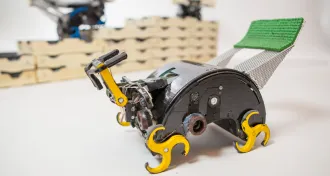 Tech
TechTermite-inspired robots build structures without central command
Simple guidelines keep machines hauling and placing bricks.
By Meghan Rosen -
 Physics
PhysicsGetting warmer in attempt to reach ignition
Fusion energy output hits modest milestone at National Ignition Facility.
By Andrew Grant -
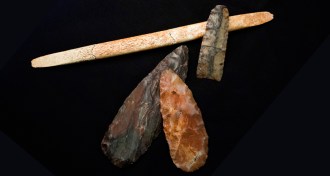 Humans
HumansClovis baby’s genome unveils Native American ancestry
DNA from skeleton shows all tribes come from a single population.
-
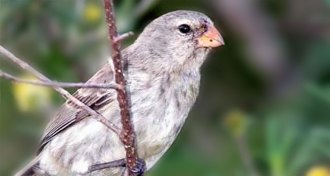 Life
LifeCharms of small males may collapse a Darwin’s finch species
Mating rules may be changing for one of the storied Galápagos birds.
By Susan Milius -
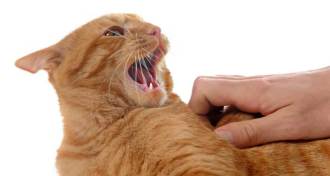 Health & Medicine
Health & MedicineBad kitty: Cat bites can cause nasty infections
Three in 10 patients seeking treatment for hand bites were hospitalized, study finds.
By Nathan Seppa -
 Climate
ClimateStrong winds may have waylaid global warming
Gusts over the Pacific Ocean may have stashed heat underwater since 2001.
By Beth Mole -
 Climate
ClimateWeather patterns over Southern Hemisphere have a regular pulse
Variations in energy and rainfall over the Southern Hemisphere follow a pattern that repeats every 20 to 30 days.
-
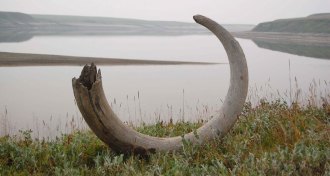 Genetics
GeneticsWhen flowers died out in Arctic, so did mammoths
Genetic analysis finds vegetation change in the Arctic around same time as megafauna extinction.
-
 Astronomy
AstronomyOld stars gleaned neighbors’ gas, Hubble data show
Blue straggler stars can continue to burn hot after taking material from a stellar companion.
-
 Materials Science
Materials ScienceScientists throw crystals a curve
Particles inside a sphere assemble into ordered ribbons, not lumps.
By Beth Mole